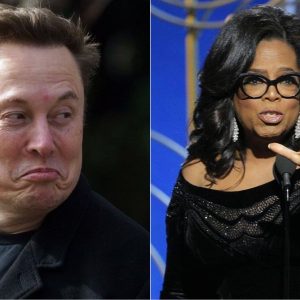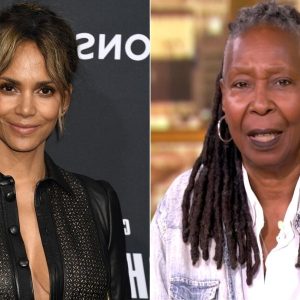In a deeply polarizing incident at a recent track meet, Karmelo Anthony, a young Black man, has become the focus of intense scrutiny following allegations that he fatally stabbed another participant during a dispute. The case has ignited discussions around race, justice, and societal perceptions, particularly in how communities respond to such incidents.
 Supporters of Anthony have launched a GoFundMe campaign, which has raised over $200,000, arguing that he deserves the presumption of innocence amid claims of self-defense. Advocates emphasize his academic achievements and character, describing him as a promising student with a 3.7 GPA and multiple football scholarship offers. They assert that the media and public narratives are mischaracterizing him as a thug, and they are rallying to ensure he receives a strong legal defense.
Supporters of Anthony have launched a GoFundMe campaign, which has raised over $200,000, arguing that he deserves the presumption of innocence amid claims of self-defense. Advocates emphasize his academic achievements and character, describing him as a promising student with a 3.7 GPA and multiple football scholarship offers. They assert that the media and public narratives are mischaracterizing him as a thug, and they are rallying to ensure he receives a strong legal defense.
Critics, however, are questioning the motivations behind the support for Anthony, suggesting that the racial dynamics of the case are influencing public sentiment. Some commentators argue that had the roles been reversed—if a Black individual had killed a white individual—the support would not have materialized in the same way. They contend that the reaction is indicative of broader racial tensions in the country, with accusations of tribalism surfacing in discussions about justice and accountability.
Legal experts weigh in, noting that the complexities of Texas law may challenge Anthony’s self-defense claims. According to legal standards, a person cannot invoke self-defense if they provoked the confrontation. The specifics of the altercation, including Anthony’s alleged threats and the context of the knife’s use, will play a crucial role in the legal proceedings to come.
As the case unfolds, it serves as a litmus test for societal attitudes towards race, justice, and the narratives that shape public perception. The discourse surrounding this incident reflects deeper issues within American society, highlighting the challenges of addressing race and justice in a polarized environment.

